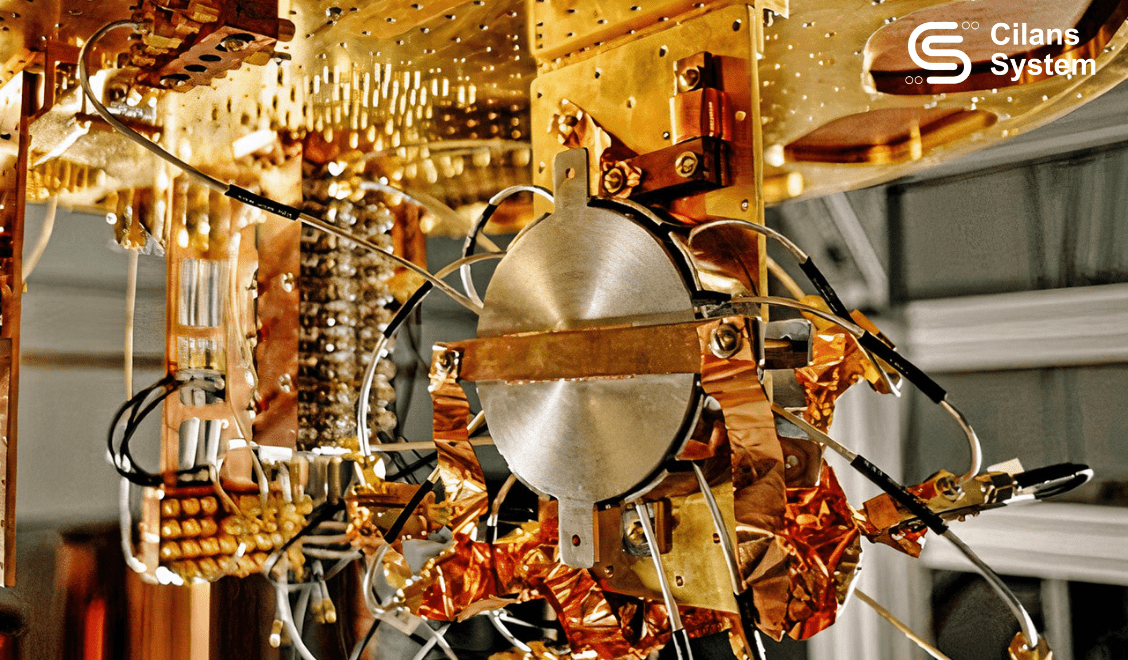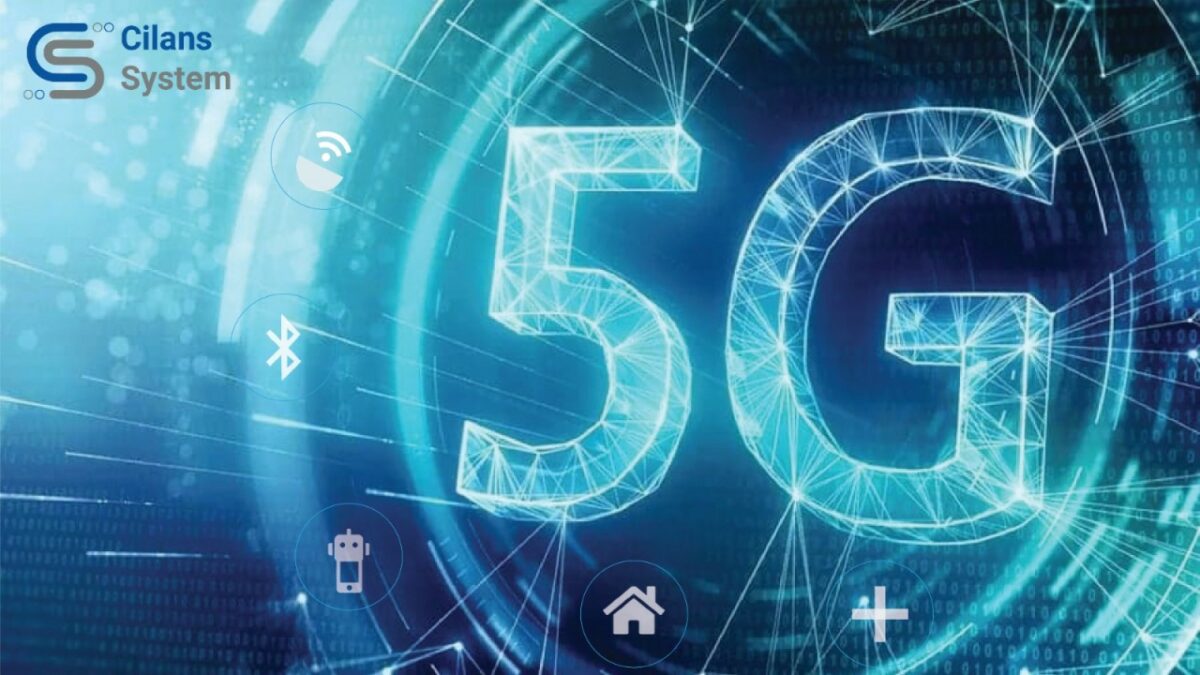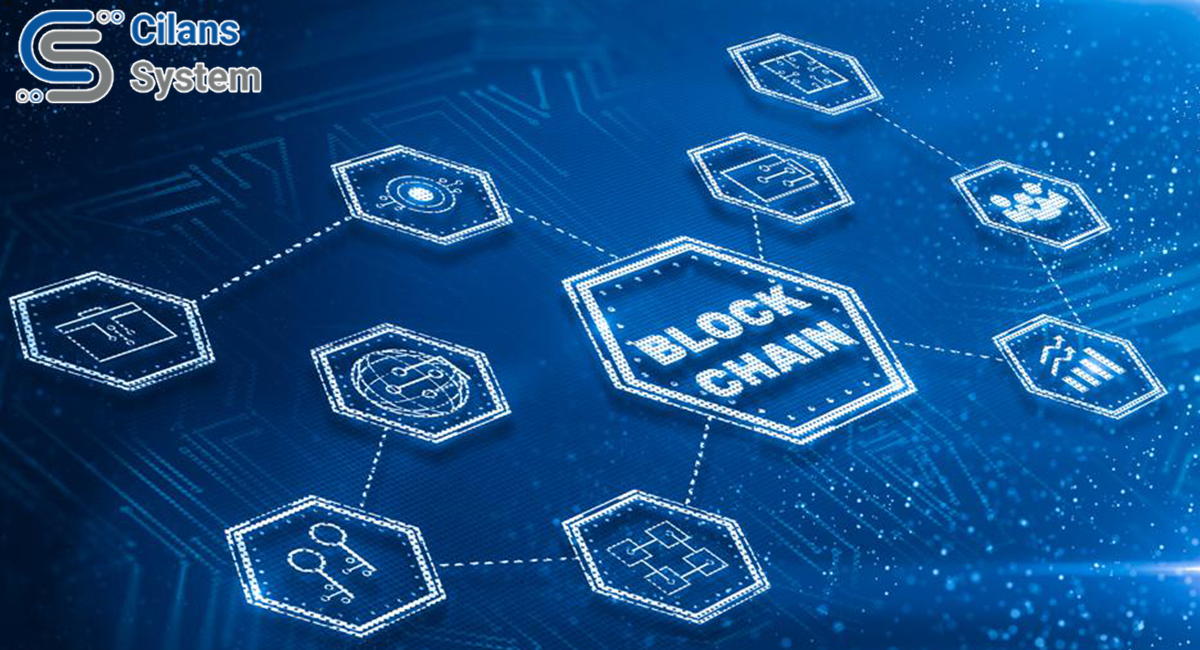
Enterprise Blockchain Use cases and implementaions
November 10, 2020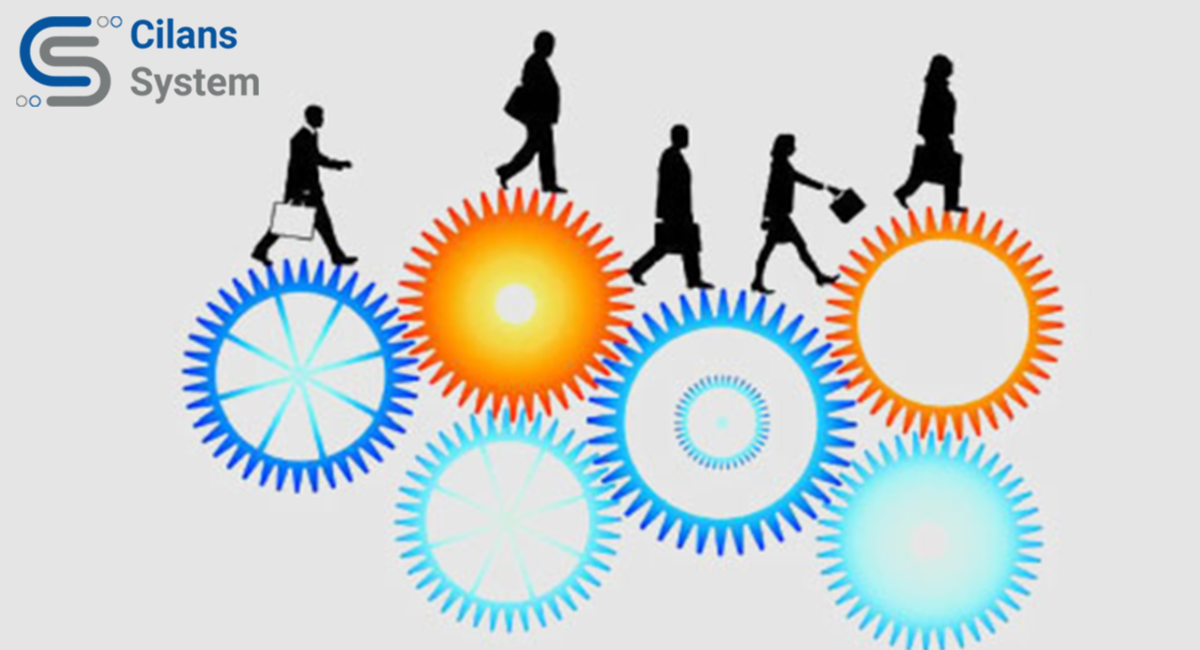
Up-skilling, Re-skilling, Cross-skilling ….New success mantra for the IT Industry
December 23, 2020Quantum Computing
QC: The Next Big Thing !
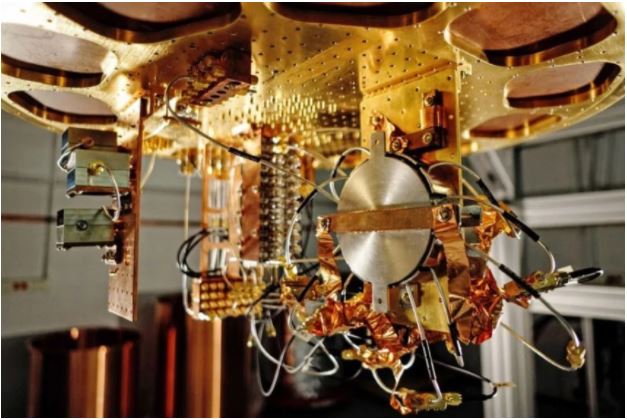
What does IBM, Microsoft, HP, Toshiba, Airbus, Google and NASA have in common? They all are invested into Quantum Computing…. They see the potential in it to become the next big thing!
Quantum Computing is a branch of computing that has the potential in it to revolutionize the field. Its computational unit is a qubit (we’ll talk about this later) which is vastly different from the unit of classical computers (the one which we are using now), a bit.
History
A major misconception about Quantum Computers is that it is just a different type of Classical Computers . But the fact is that they are fundamentally different, they use completely different systems for computation and have different applications.Quantum Computing was first proposed by Paul Benioff, he visualized a quantum mechanical model of the Turing Machine. The first Quantum Computer was built by Isaac Chuang in 1988, it was a 2-Qubit model… Which brings us to the question: What exactly is a Qubit?
Working
A Qubit is the Quantum Equivalent of a bit, albeit with interesting properties. One of the properties of Qubits is Superposition, which simply means that it can take either of the values i.e it can be both 0 and 1 simultaneously.
It only takes a definite value when it is measured. This property gives a huge advantage in mathematical computations as where the number of potential answers are huge like integer factorization, the travelling salesman problem etc.
Another property of Qubits is Quantum Entanglement, this is the special connection between two qubits which are entangled in such a way that the actions of one is mirrored by the other even when separated by a great distance. Hence even if we know the state of one qubit we can predict the state of the other one. Interestingly all electrons in shells of multi-electron atoms are entangled, this property is used to find their Ionisation Energy. (Ionization energy is simple terms can be described as a measure of the difficulty in removing an electron from an atom or ion or the tendency of an atom or ion to surrender an electron.
Applications
Quantum Computers are a revolutionary tool for various fields from medicine, mathematics, aeronautics, cryptography and data science.
Quantum Computers are much more efficient than classic computers when it comes to complex problems involving a large number of nodes due to its property of superposition which enables it to compute many different possibilities at the same time. This enables it to perform DNA sequencing as it involves computing of a large number of possibilities.
Quantum Computers can possibly break the integer factorisation which lies at the base of every cryptographic system using Shor’s Algorithm, this is a mind-boggling application of Quantum Computing.
Quantum Computers can also perform simulation of plane crashes or plane testing as it can easily and efficiently compute every possibility in the simulation.
Conclusion
Quantum Computing opens up a whole new world of possibilities, but it is not perfect quantum computers are highly susceptible to errors and have to be kept in highly controlled environments which rockets its maintenance costs. But major Quantum Computing experts predict that Quantum Computers will undergo a huge revolution just like the classic computers did in twenty years but Quantum Computers will take under a decade. This revolution will improve accuracy, efficiency and durability.
Hence for now we can ready ourselves for the incoming revolution by learning quantum programming, I myself recommend using IBM’s free Quantum Experience and Qiskit tutorials.
All The Best And Thank You For Taking The Time To Read
Devansh N. Shahinfo@cilans.net

